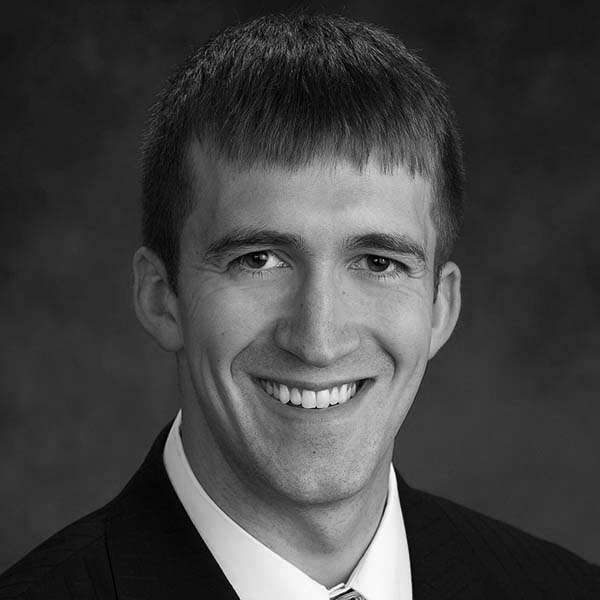Wichita State University physical education professor Rick Pappas is providing research to Kansas public schools on the importance of recess as a scheduled part of the school day.
Pappas started looking into the importance of unstructured physical activity in 2014, when the Kansas State Department of Education collaborated with the Kansas Association for Health, Physical Education, Recreation and Dance.
“We expect kids to sit all morning and afternoon besides lunch recess, and that’s just not good for them.”
–Rick Pappas
The two received a grant from the Kansas Health Foundation to garner information about the condition of recess in Kansas, done through a survey of Kansas elementary schools.
Even though the majority of elementary schools get recess, the periods are very short, said Pappas. They even found seven schools in Kansas that don’t have recess at all.
“Most jobs have coffee breaks in the morning, they have coffee breaks in the afternoon, and people will get up and move when they go to staff meetings or in services,” said Pappas. “Yet we expect kids to sit all morning and afternoon besides lunch recess, and that’s just not good for them.”
It’s a common misconception that keeping children in the classroom will boost test scores and maintain focus in studying, but no research supports this idea. It’s also a common problem that administration withholds recess as punishment, when those children are typically the ones who need recess the most, Pappas said.
Spreading awareness
Pappas main goal is to spread as much awareness on the issue as possible, as extensive research shows that children do better in the classroom when they have frequent breaks. The students maintain better focus and have better behavior, which more often than not reduces the number of office referrals that “trouble students” typically have.
Schools in the Dallas-Fort Worth area are piloting a program modeled after the class structure in Finland, which provides recess after every 45 minutes of instruction. Though the final results won’t be available until the summer, the study has already shown that students are further ahead than in past years because they are more focused during the classroom time.
Pappas teaches an elementary physical education methods class at WSU for physical education majors and classroom teachers. The class incorporates the idea that more unstructured play is beneficial in a child’s ability to focus.
“It’s so important that people look at the research,” said Pappas. “Recess provides socialization, and emotional, physical and cognitive development. Kids are creative and they problem-solve – that’s what happens on the playground.”



